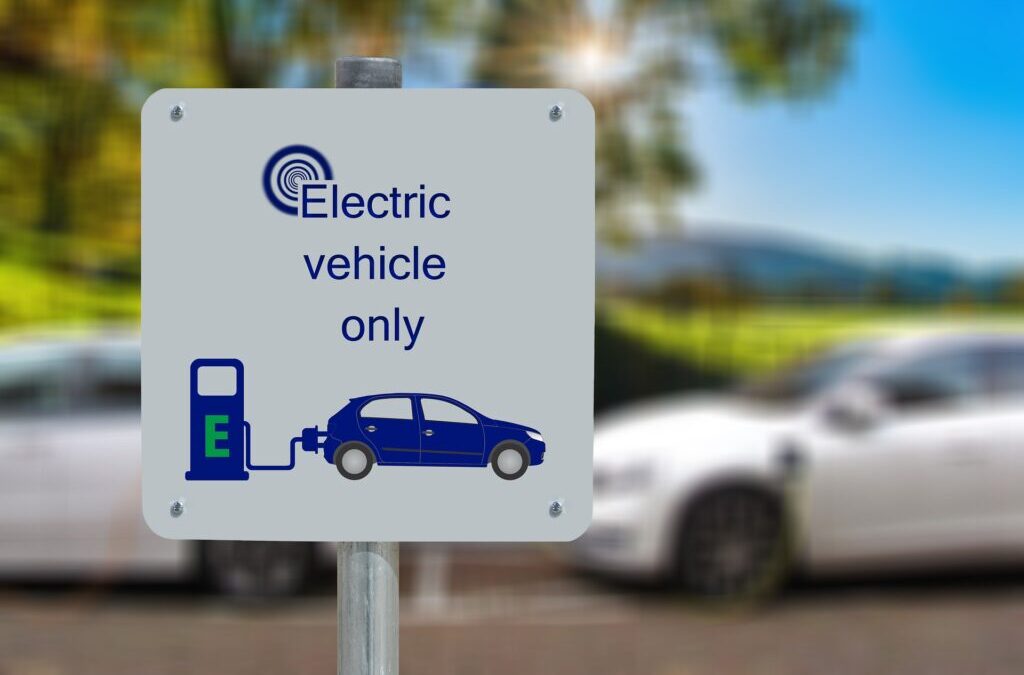Consumers May Be Ready for Electric Vehicles Sooner Than Expected
Is your business considering offering EV charging to your customers? Are your (potential) employees beginning to consider EVs and wondering about options for charging while at work?
If so, a recent study commissioned by motor oil manufacturer Castrol has shown surprising results. Castrol’s study – which surveyed 9,000 drivers, 750 fleet owners, and 30 automotive industry professionals in North America, Europe, and Asia – shows most consumers will be ready to purchase an electric vehicle by 2024.
This is a significant finding as these results far outpace Canada’s federal projections for EV adoption.
What Drivers Want
Another important finding from the study were the key ‘tipping points’ for drivers. These are the requirements consumers need to see met before they would purchase an EV over an internal combustion engine.
The average customer surveyed said an electric car must meet the following requirements for them to seriously consider a purchase: a price tag of less than $36,000, a range of 469 km, and take just 31 minutes to fully charge. It’s important to note that these requirements varied greatly from country to country. Americans want the longest range, while the French require the fastest EV charging time. Price was the major sticking point for individual drivers, while range was the major consideration for fleet managers.
All three of these requirements are currently available in electric vehicles on the market today. The catch is that they’re not all available in the same car. So while the range and charge time hurdles are extremely close to being cleared, getting the cost closer to consumer expectations is still a roadblock. However, even this could soon change, with a ‘made in Canada’ option on the horizon. In September 2020, the CBC reported that the federal government intended to use the upcoming speech from the throne to “lay out a plan to create tens of thousands of jobs by connecting Canada’s resource sector with its manufacturing base to produce batteries for electric cars.”
Lack of EV Charging Infrastructure Still Major Barrier
Another key finding was that 64% of consumers said they are already willing to purchase electric if EV charging infrastructure existed to support their driving habits. This affirms the federal strategy of rolling out funding for EV charging infrastructure through initiatives such as the Zero Emission Vehicle Infrastructure Program (ZEVIP). Furthermore, municipalities around Atlantic Canada are already making strides in this area. Halifax and St John’s, for example, are making a concerted effort to implement the necessary equipment to support this EV adoption. Their work could not be more timely.
Momentum is Building
Work remains to be done in the progression towards an all-EV future, but momentum is building. Studies such as Castrol’s indicate that the marketplace may be even more robust than early projections from public officials. Preparing homes, businesses and institutions for the coming demand in electric vehicles and EV charging is both a prudent business decision and a way to set your organization apart in the future.
Interested in preparing your home or business for EV adoption and the government funding available? Get in touch with our Renewable Energy Specialist, Matt, for more information.



